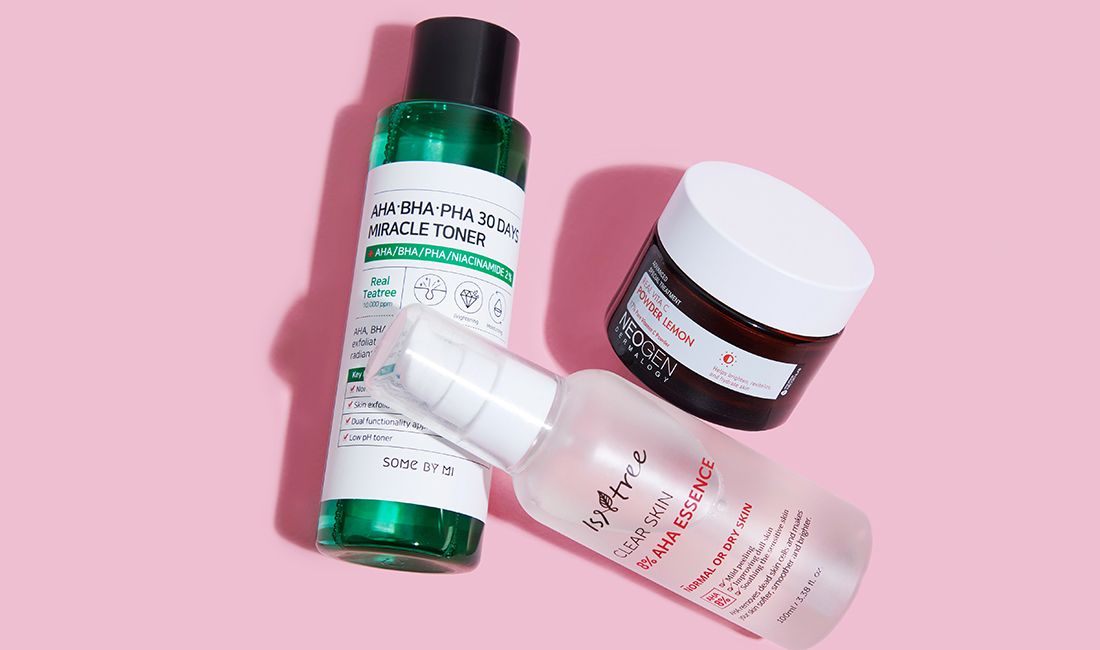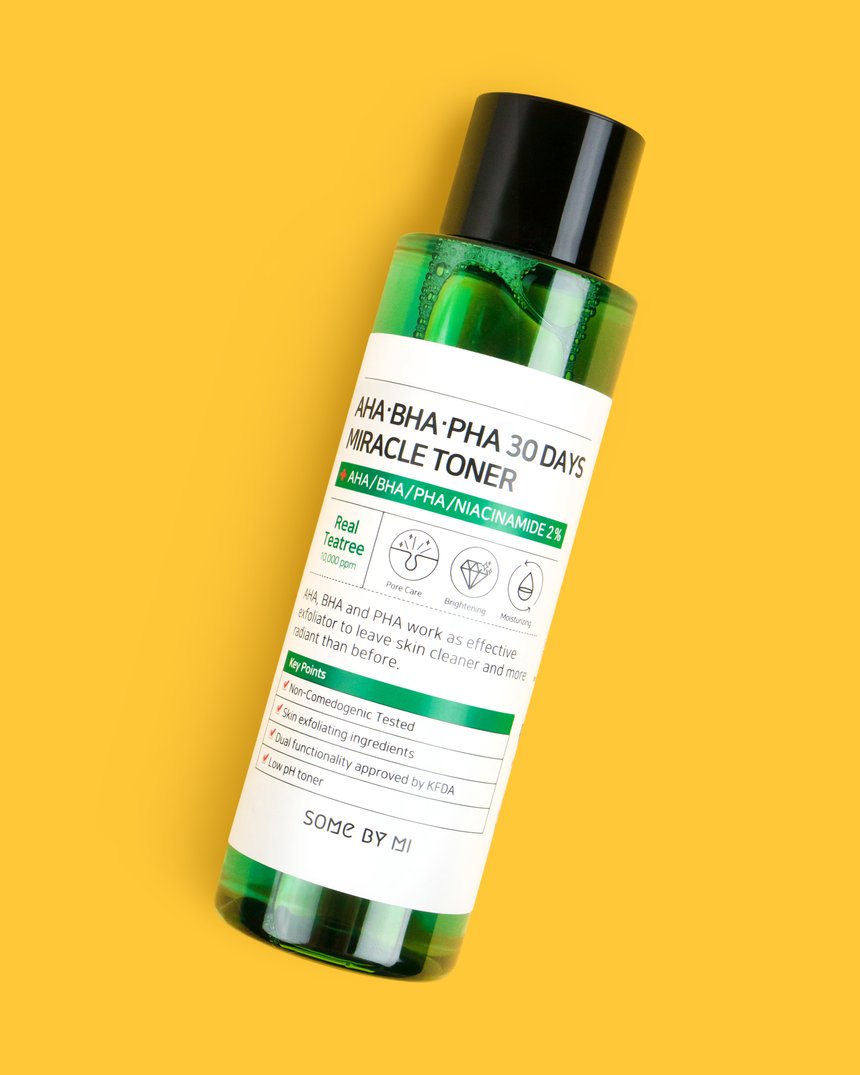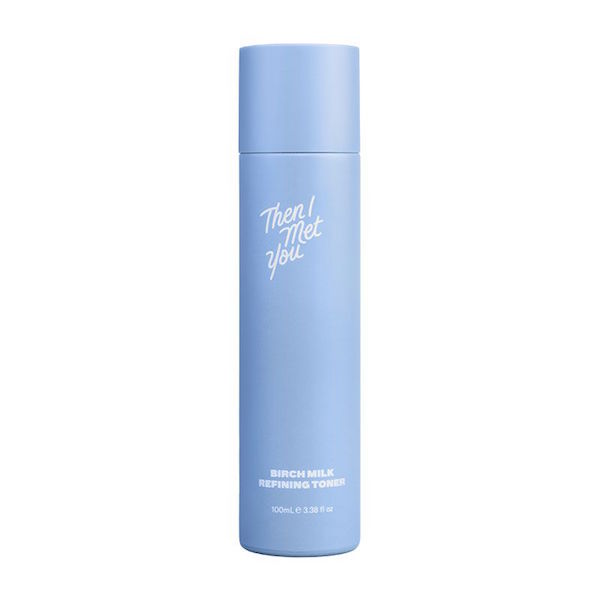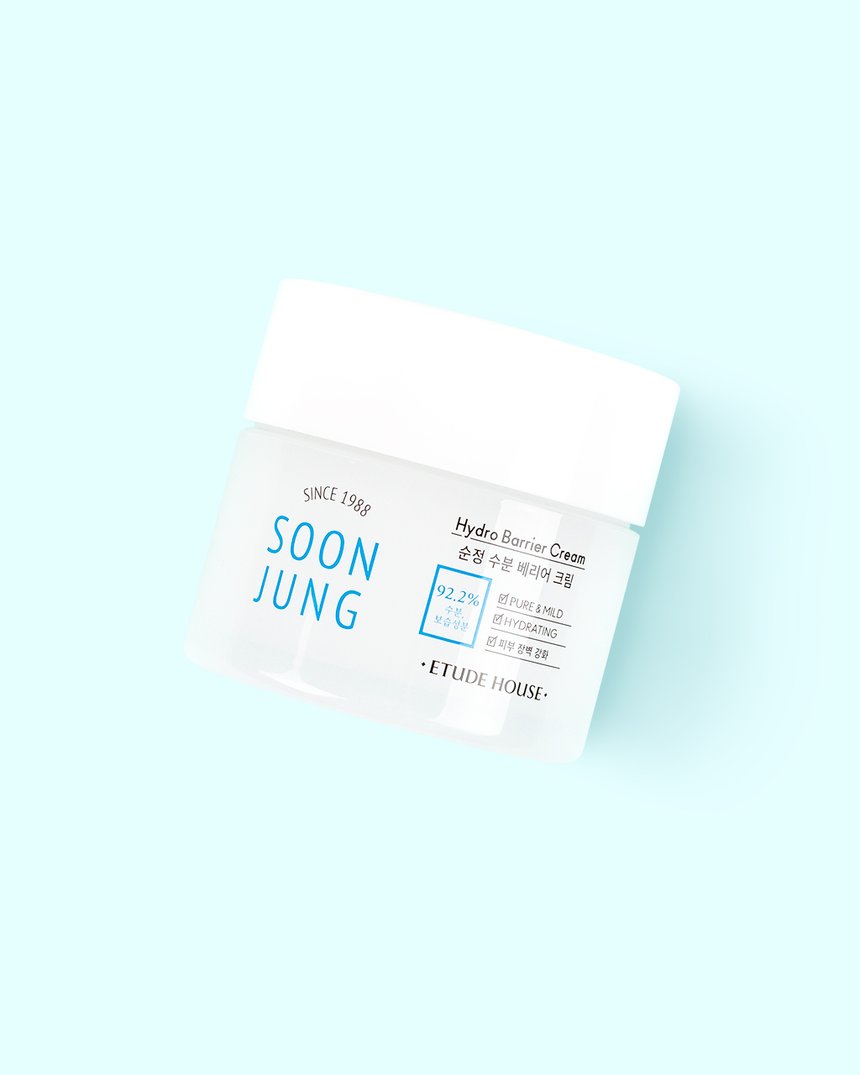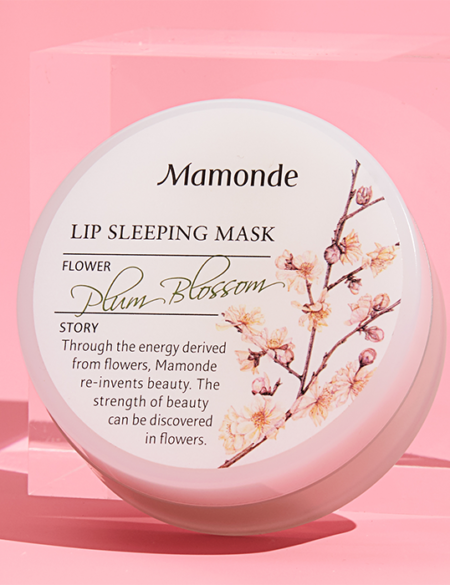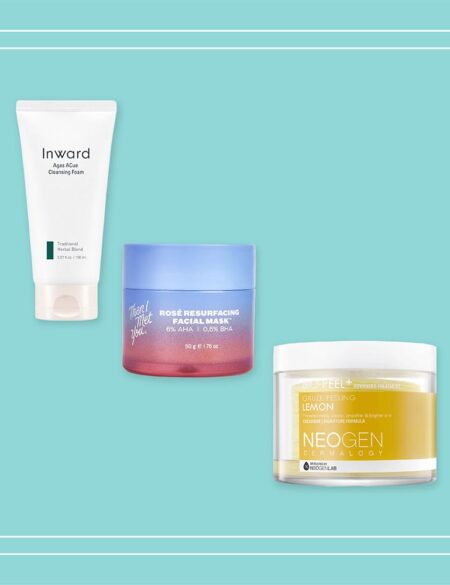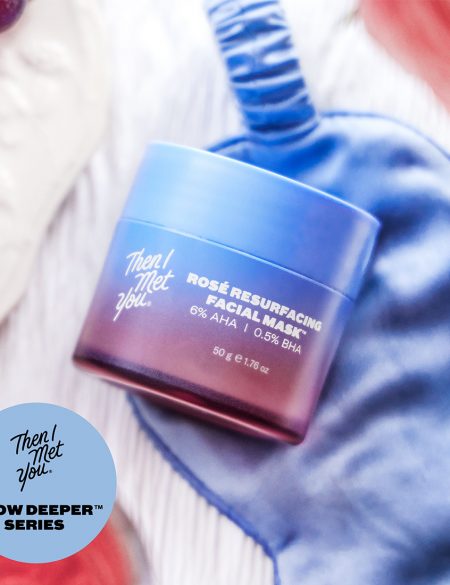Keep this handy guide to acids in mind the next time you’re in the market for an effective exfoliating, hydrating, or anti-aging product.
The world of acids can be a bit overwhelming – there are so many to choose from, and all of them offer similar benefits. But because there are nuances to each of them, it’s useful to have a good working knowledge of what each common acid found in skin care does best.
Here, we’ve compiled an all-in-one guide that breaks down the most common acids found in skin care, and just what they can do for your skin.
Ascorbic Acid
You might know ascorbic acid as its other, more commonly-used name, vitamin C. Vitamin C comes in a lot of different forms, and ascorbic acid is basically the gold standard. It has the most research behind it and its benefits are wide-ranging. It’s a potent antioxidant, so it helps to slow signs of aging. This also means that ascorbic acid helps prevent sun damage, and can help the skin recover from damage associated with UV exposure. It is also one of the most effective ingredients for brightening and evening out skin tone, while boosting collagen production to increase firmness and suppleness.
One of our favorite products is the Neogen Real Vita C Powder Lemon. It contains 17% ascorbic acid and because of its powder form, it won’t oxidize over time. Pair it with the Son Reve Tri-Bio Treatment Essence for even more brightening benefits.
Glycolic Acid
Glycolic Acid is an exfoliant within the AHA (alpha hydroxy acid) family. It’s one of the most commonly used forms of AHA, as it is one of the most well-researched and effective forms. Compared to some other AHAs, glycolic acid has a much smaller molecular weight, which means it is more effective at penetrating deeper into the skin. This delivers a more thorough exfoliation to clear dead skin cells, and help the skin turn over, revealing youthful, clear skin. Additionally, glycolic acid boosts the skin’s ability to retain moisture, making it one of the most hydrating acids available.
Look for it in the Then I Met You Birch Milk Refining Toner, a pore-refining and fine line-smoothing formula that also contains PHAs (more on that below).
Hyaluronic Acid
This acid is so commonly used in skin care formulas because it really is just incredibly good. Hyaluronic acid can hold an astonishing amount of moisture; in its most effective form, sodium hyaluronate, it can hold 1,000 times its weight in water. However, it doesn’t just moisturize skin. Hyaluronic acid also strengthens the skin by increasing its ability to retain that moisture.
Give your skin a major moisture boost with the Hanskin Hyaluron Skin Essence, an essence that’s packed with several forms of the ingredient.
Lactic Acid
Lactic acid is another form of AHA which helps to effectively exfoliate the skin. It has a larger molecular structure, so it works more at a surface level than other, more deeply-penetrating acid exfoliants. This means it is incredibly effective at smoothing and brightening, and is less sensitizing than other AHAs. Like glycolic acid, it can also help increase the skin’s moisture retention capabilities. Try the Isntree Clear Skin 8% AHA Essence, which combines 4 percent lactic acid with 4 percent glycolic acid for a gentle yet effective exfoliation.
PHAs (Polyhydroxy Acids)
PHAs are a favorite of those with sensitive skin as they provide many of the same exfoliating benefits as AHAs and BHAs, while being far gentler. They have a larger molecular size than AHAs, so their level of penetration is nowhere near as deep, but they can still exfoliate thoroughly at the surface.
RELATED: How to Incorporate PHAs Into Your Skin Care Routine
You can find them in the Some By Mi AHA-BHA-PHA 30Days Miracle Toner, which contains all three types of acids in small enough doses that the formula is still sensitive skin-friendly. For maximum results, pair it with a soothing and nourishing moisturizer, like Etude House SoonJung Hydro Barrier Cream.
Salicylic Acid
Salicylic acid is the most common form of BHA, or Beta Hydroxy Acid. BHAs offer a much deeper form of exfoliation than their counterpart, AHAs. BHAs like salicylic acid actually exfoliate from within the pore, making them especially effective for those struggling with acne, congestion, or texture issues.
If you struggle with blackheads, you’ll love the Hanskin Cleansing Oil & Blackhead [BHA], an oil cleanser with salicylic acid that deep cleans pores and controls sebum.
Have more questions about acids? Read our guide to using them in your routine here.


